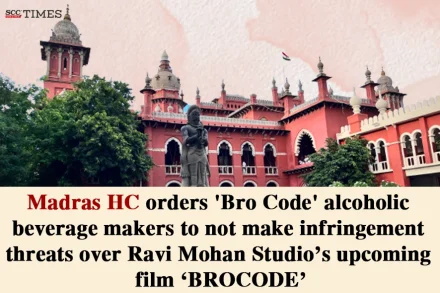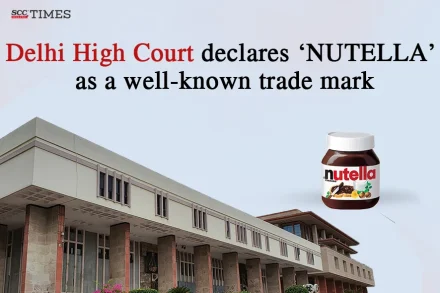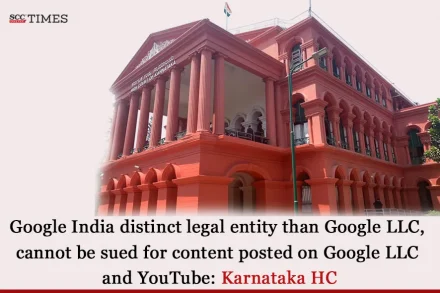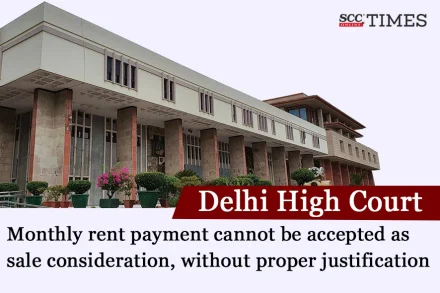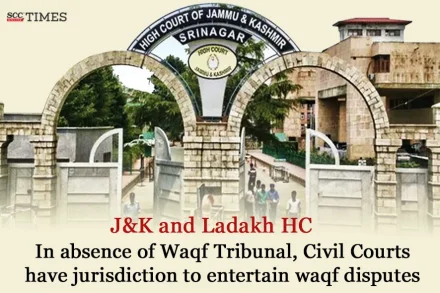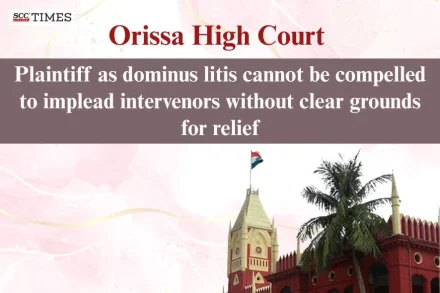
Orissa High Court: Plaintiff as dominus litis cannot be compelled to implead intervenors without clear grounds for relief
“The plaintiff being dominus litis cannot be forced to implead someone against whom he does not specifically seek any relief. It goes without saying that if he has chosen not to, he does so at his own risk.”


